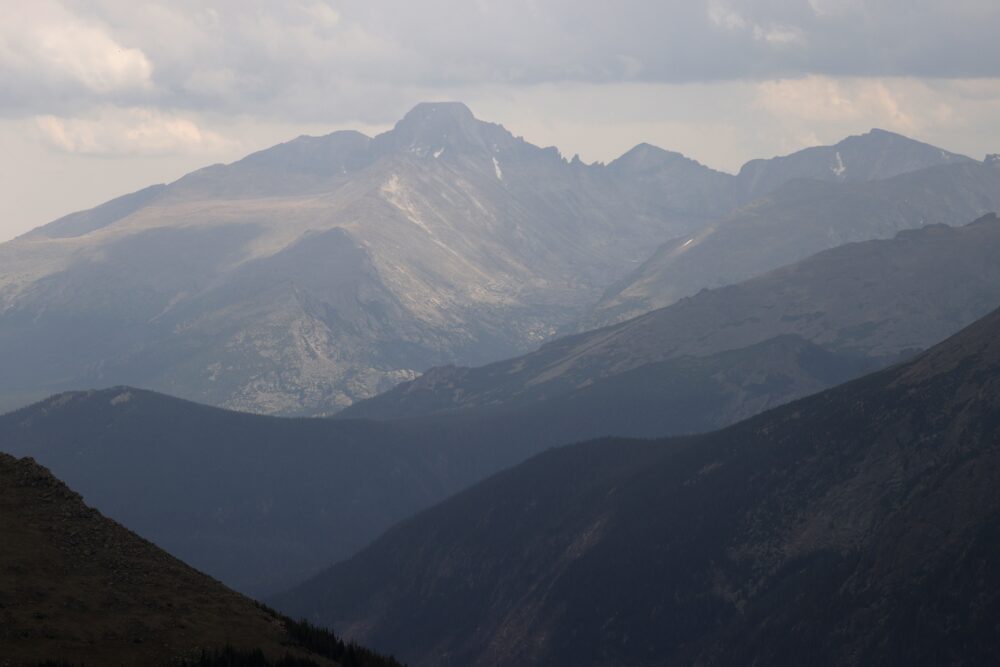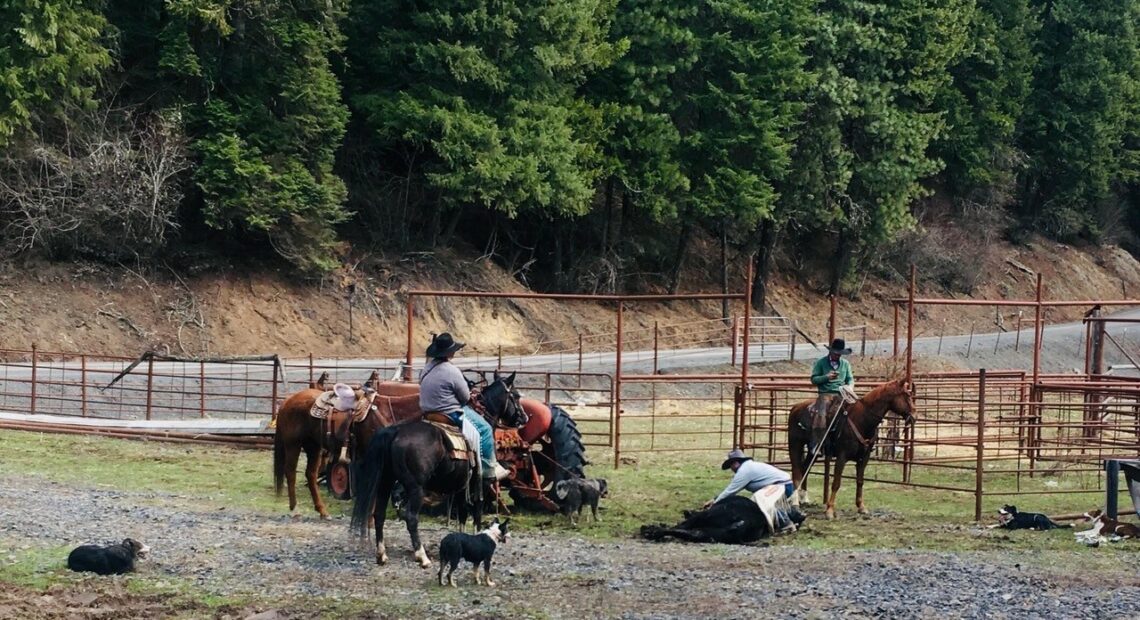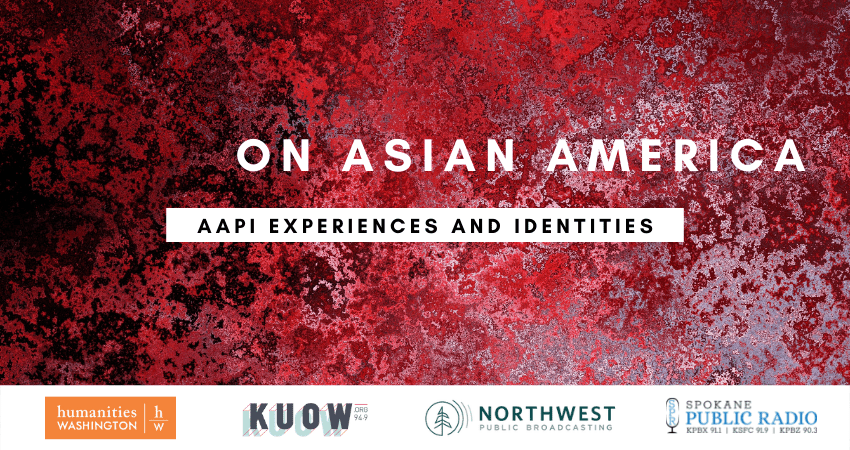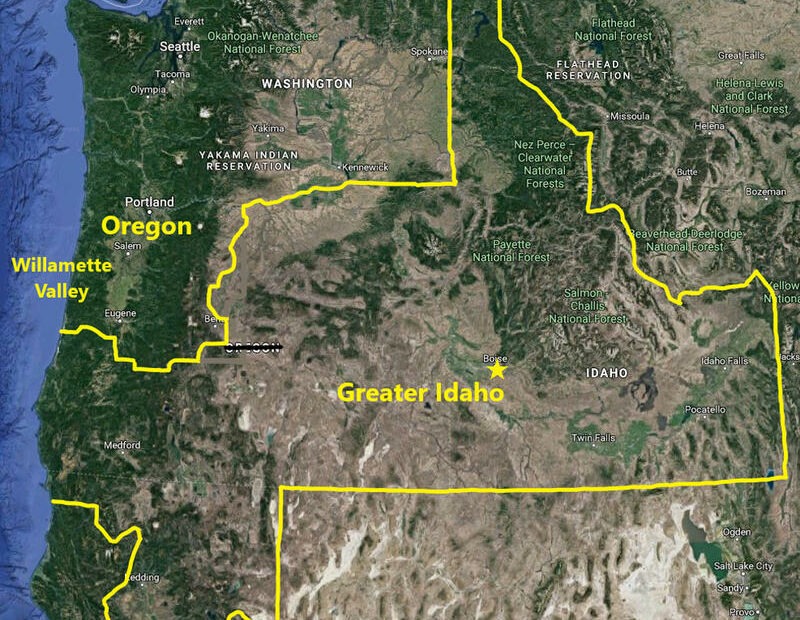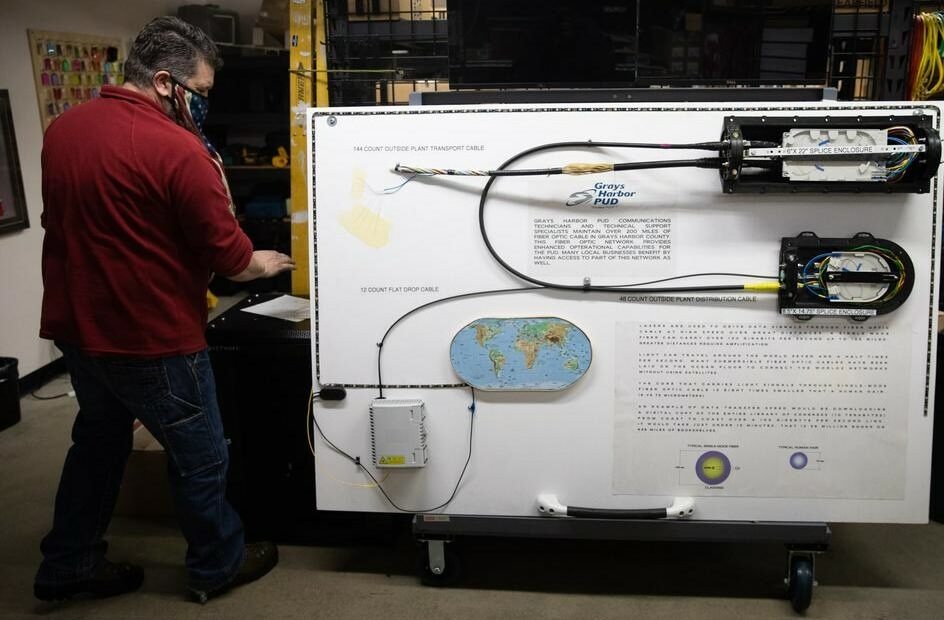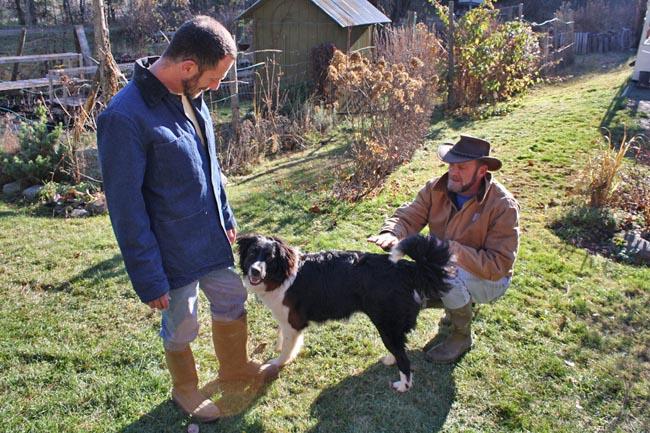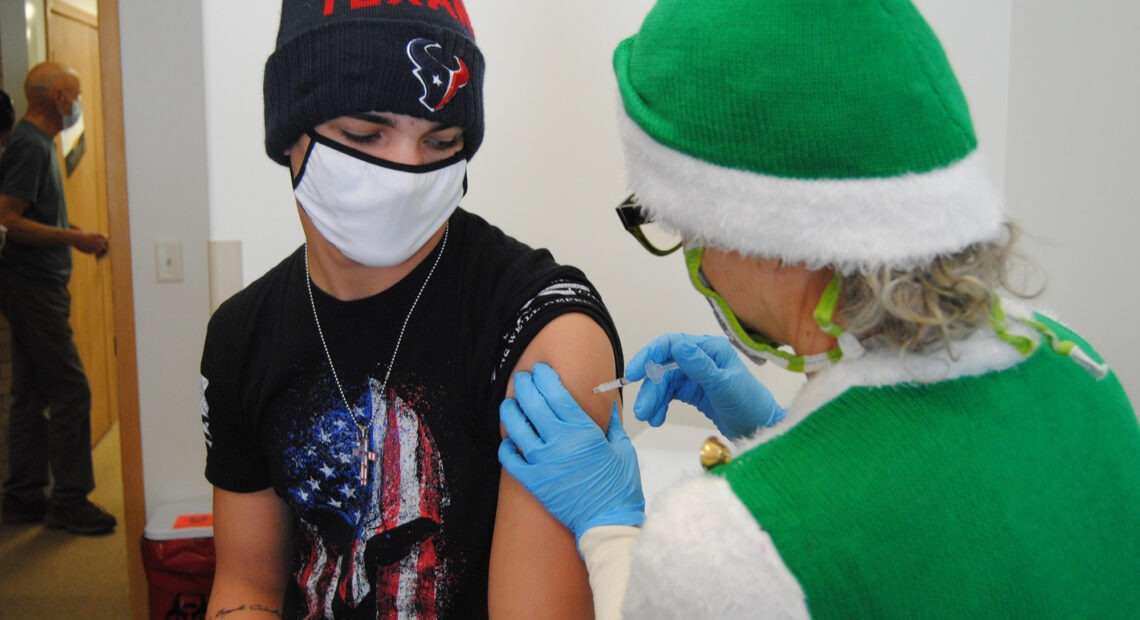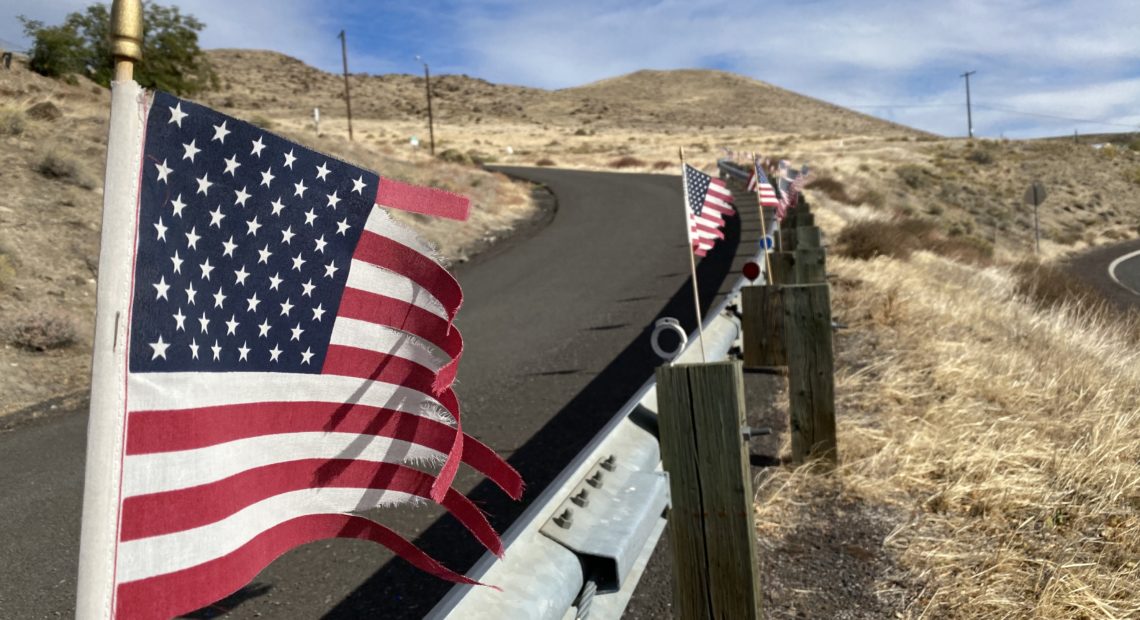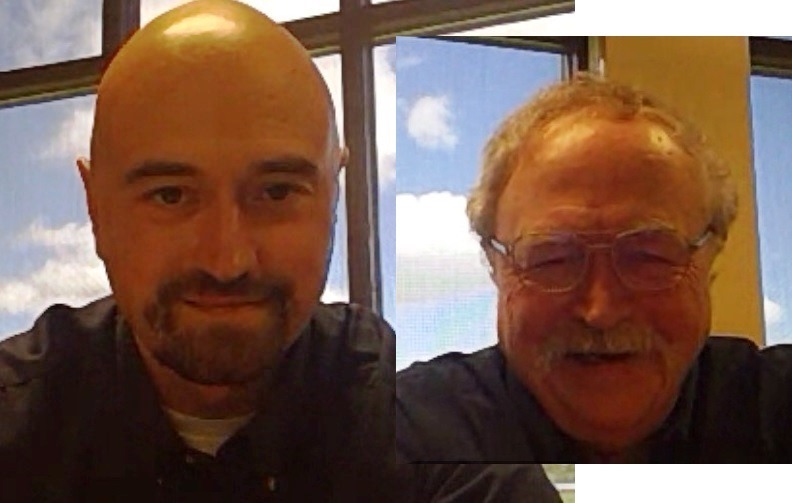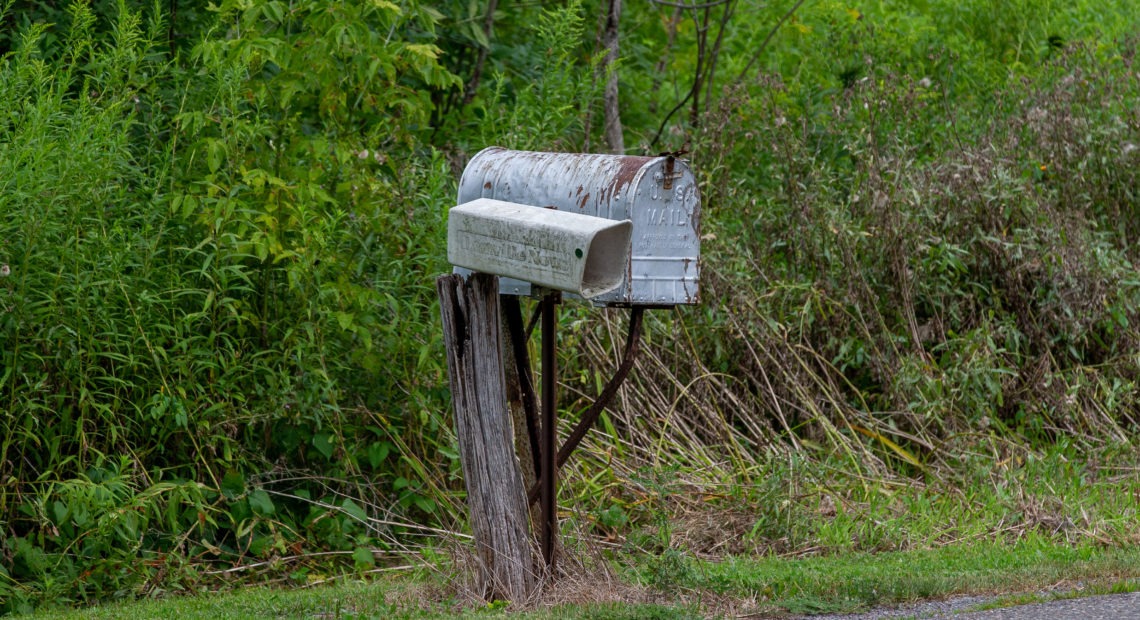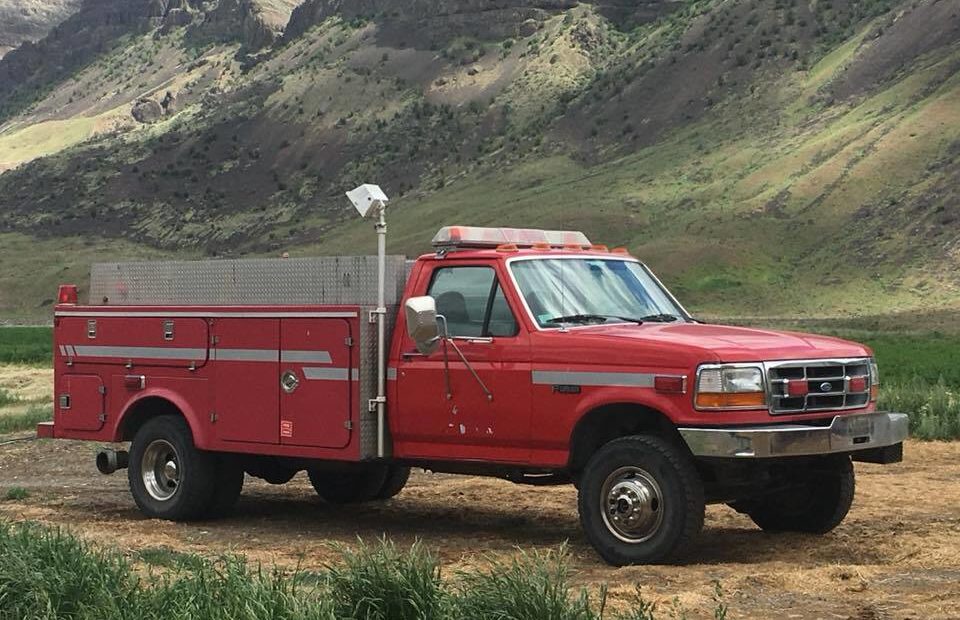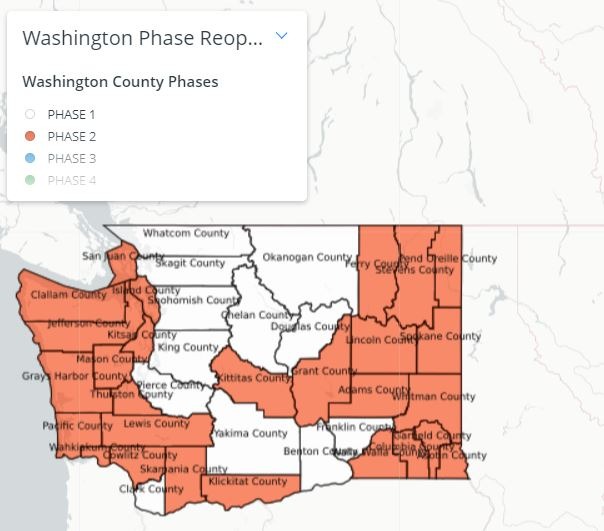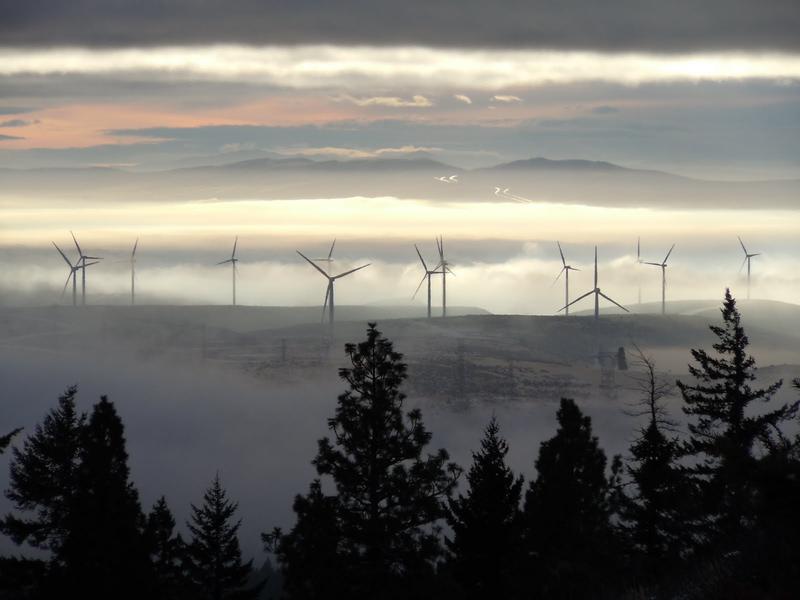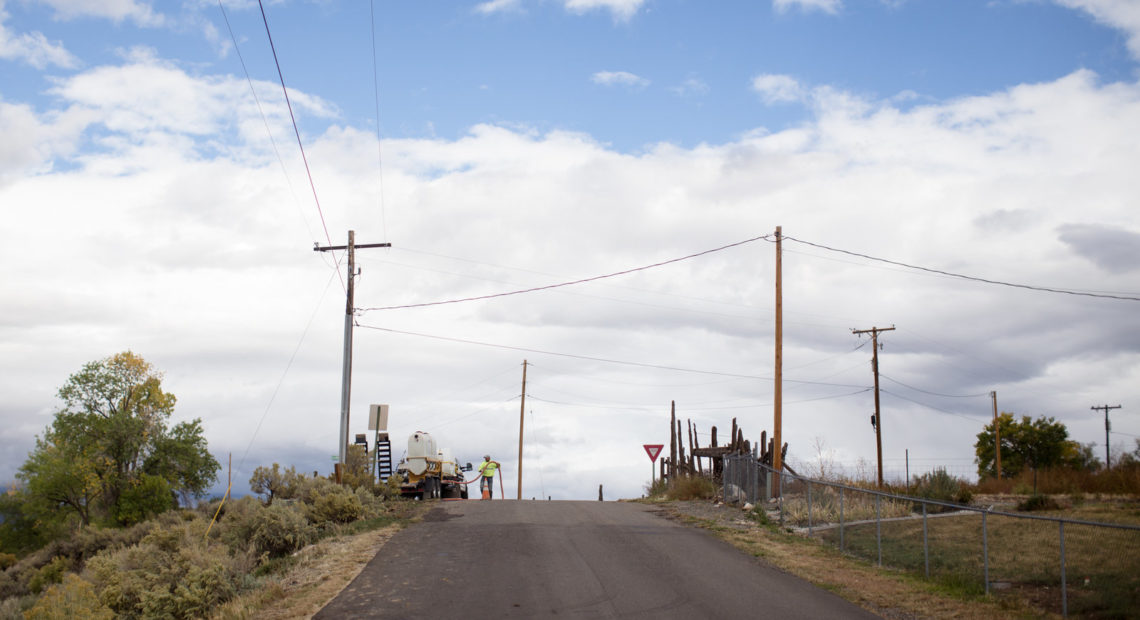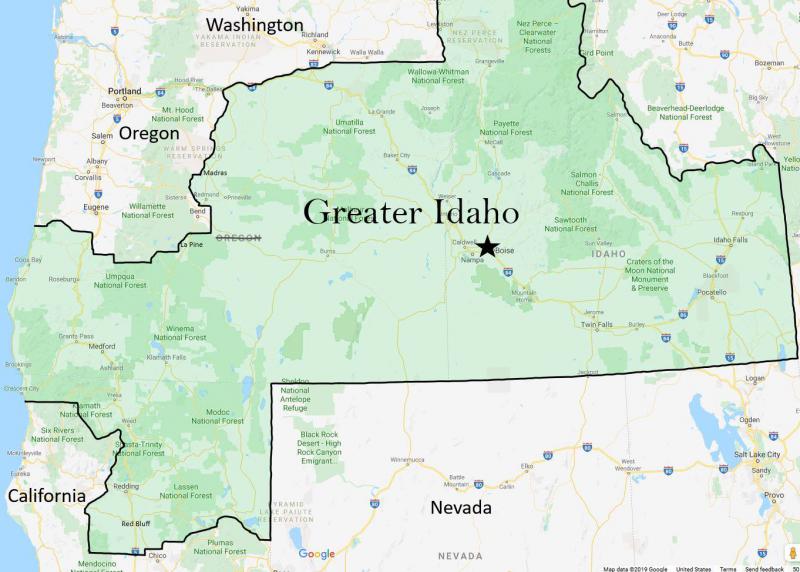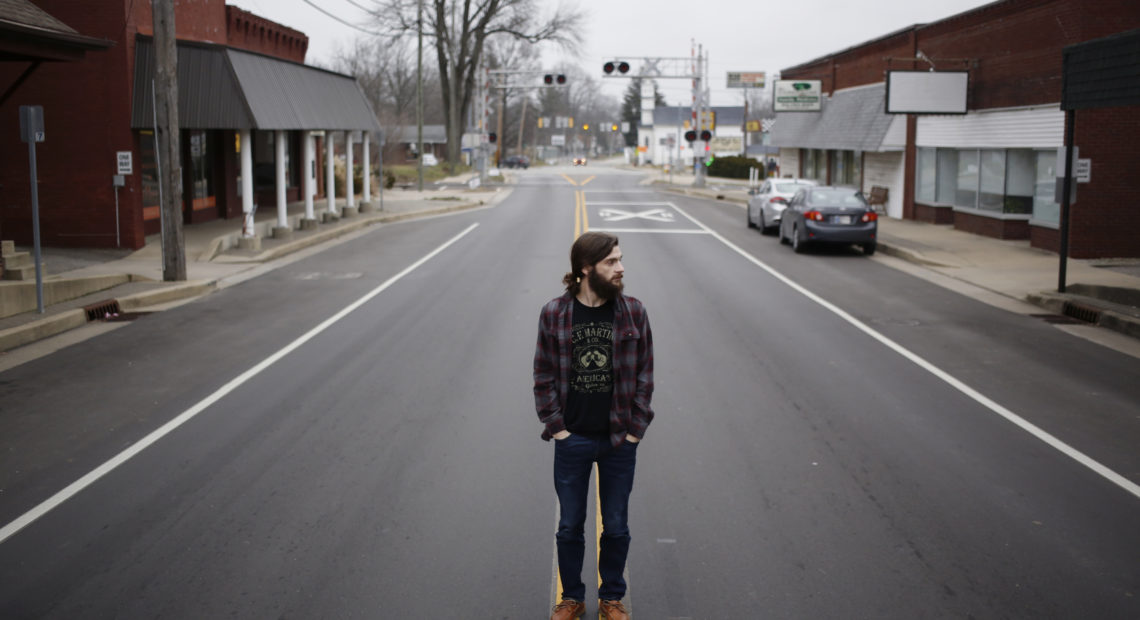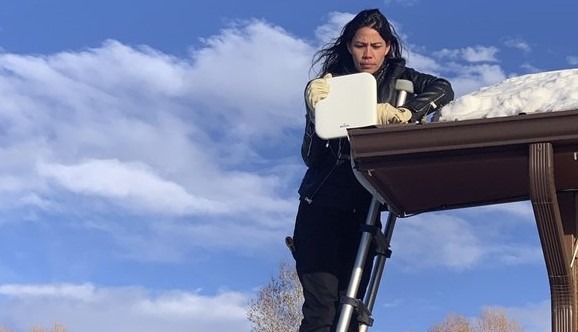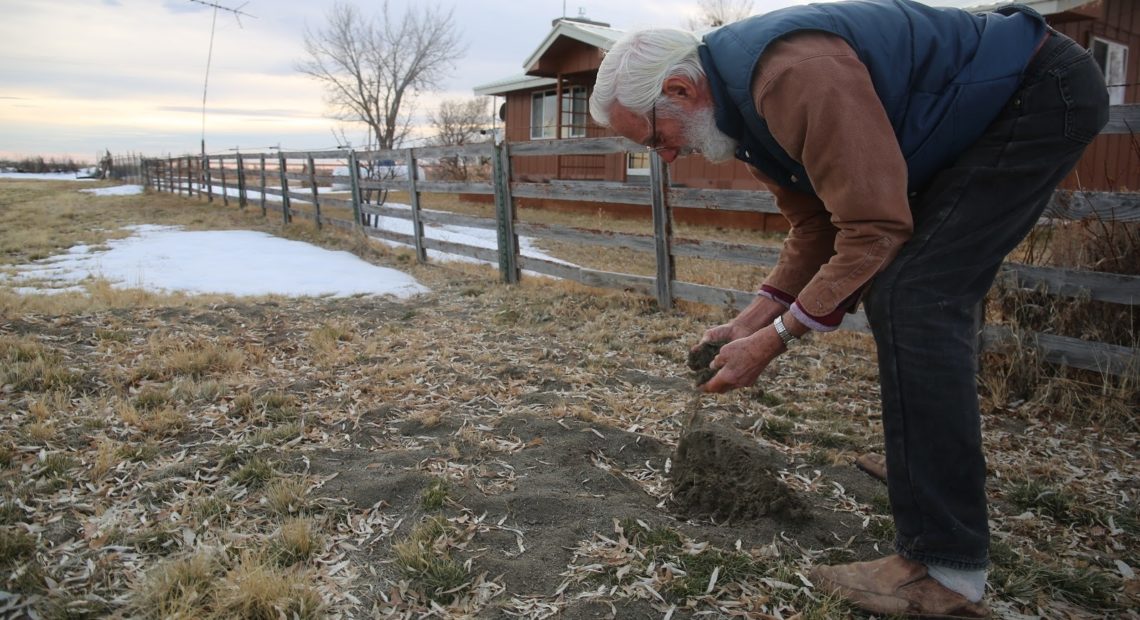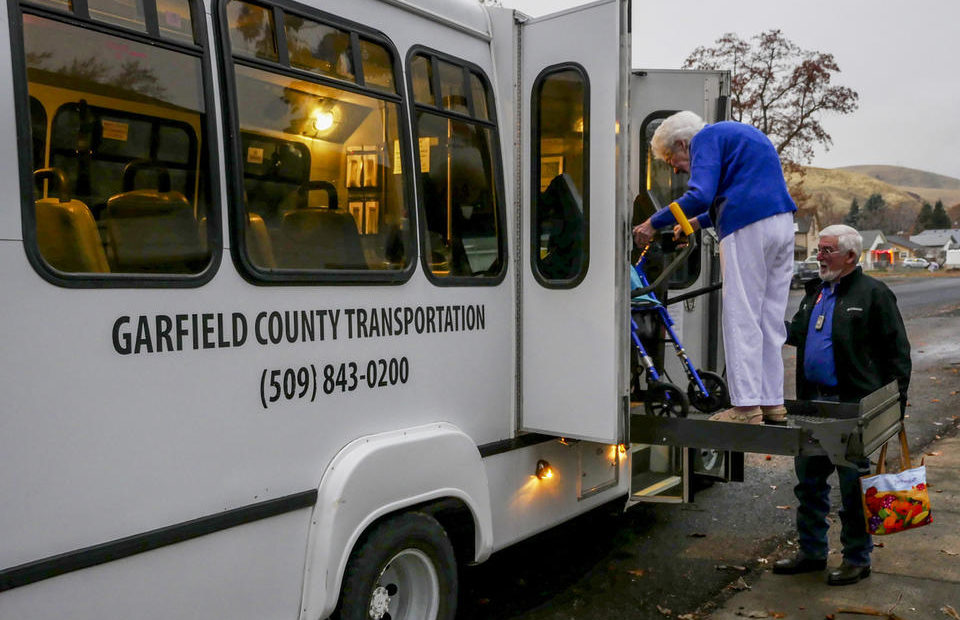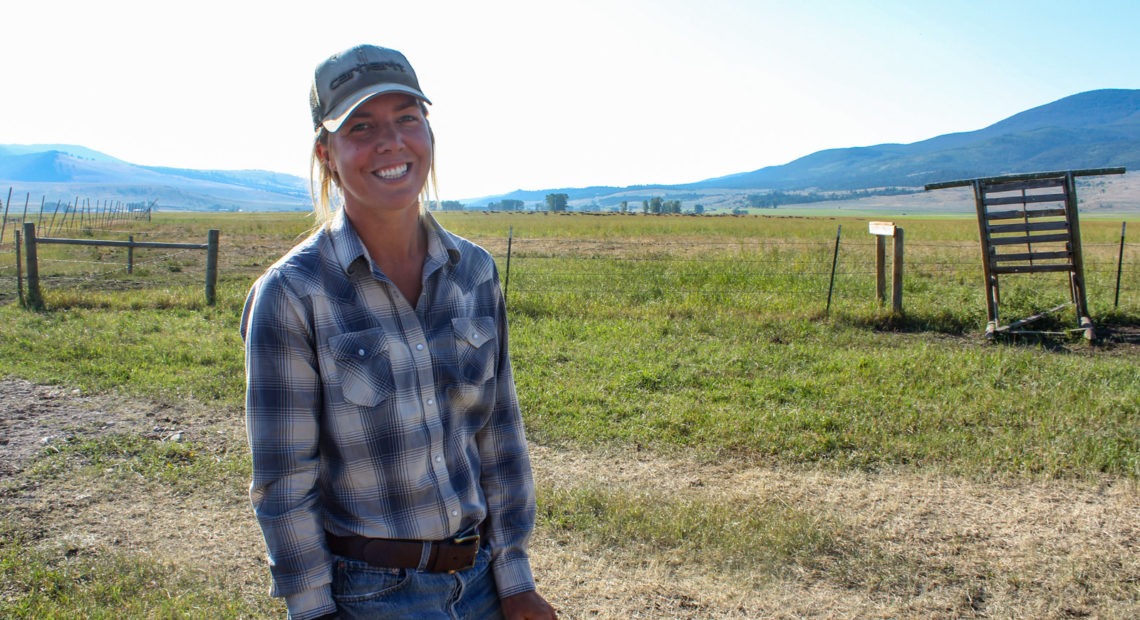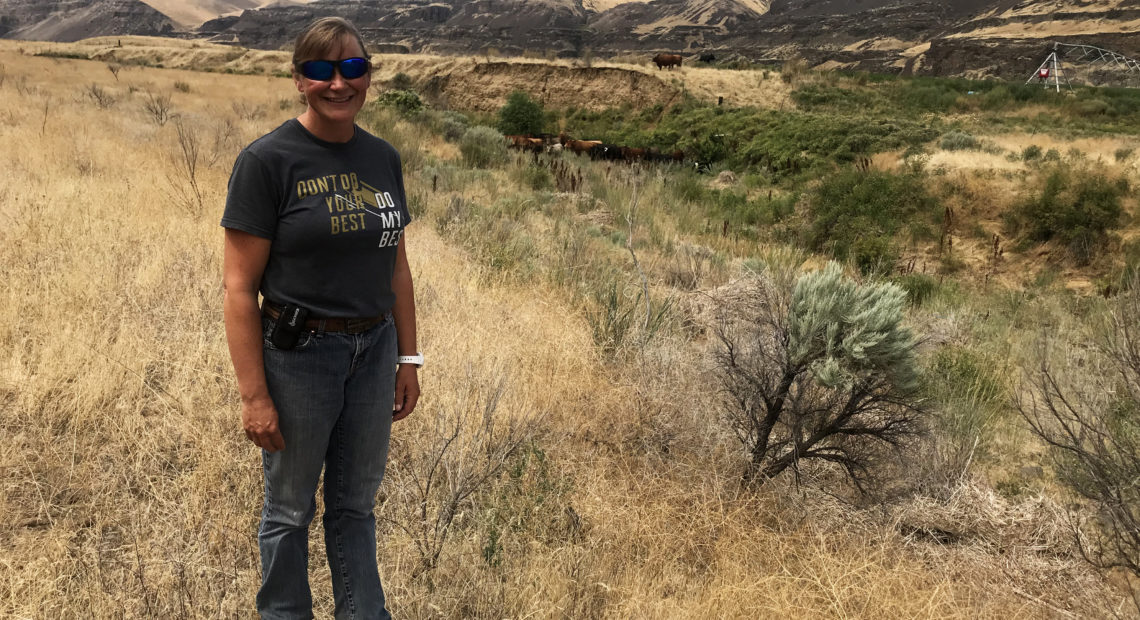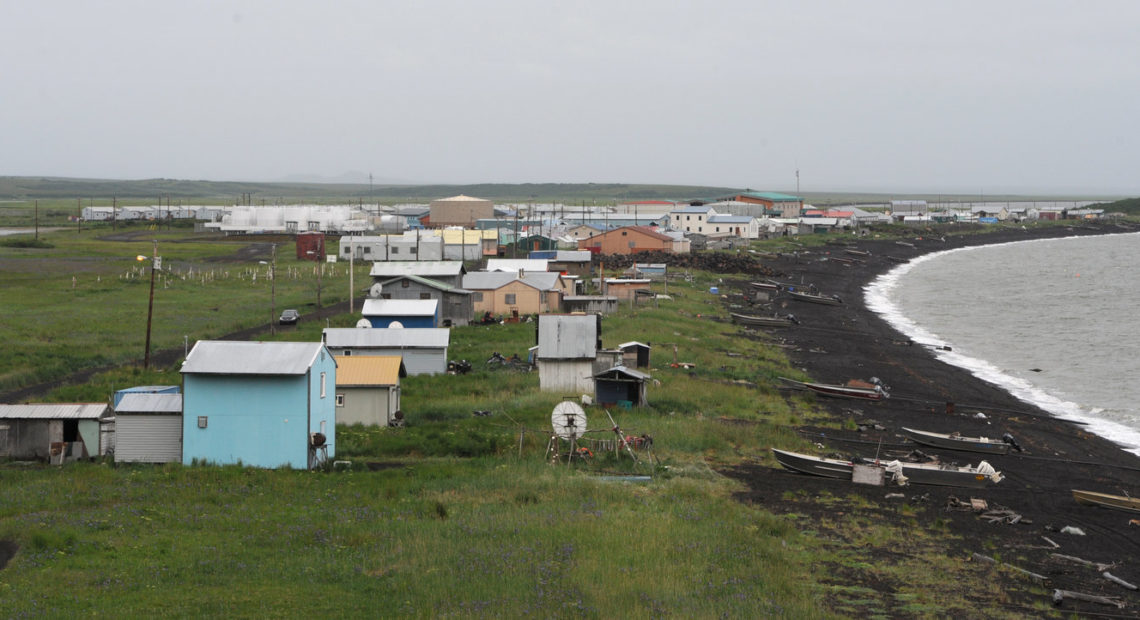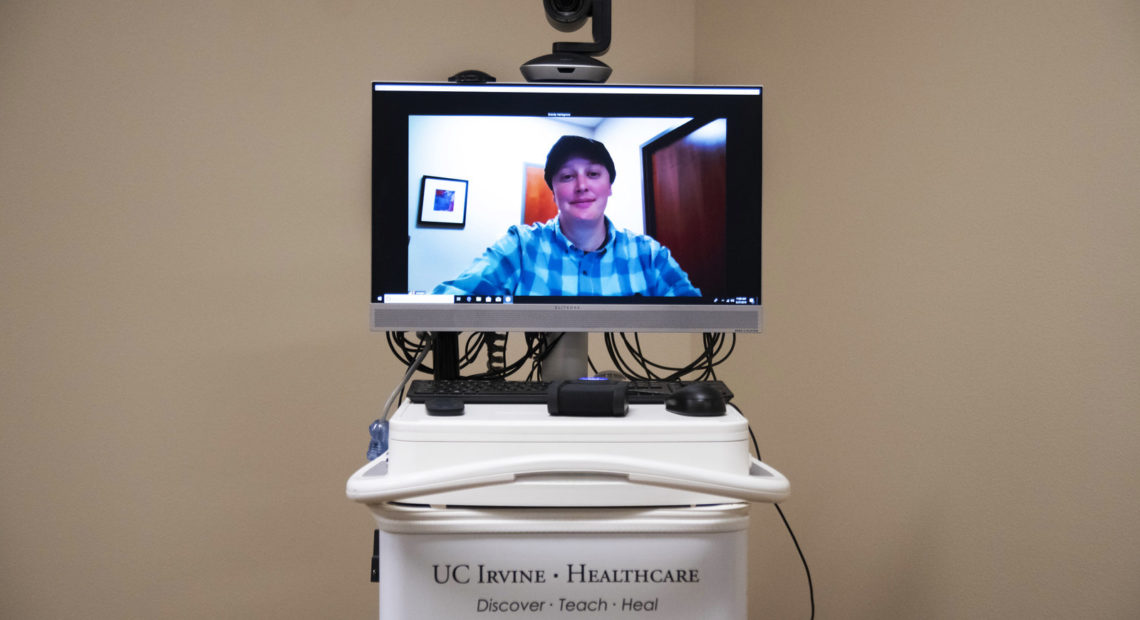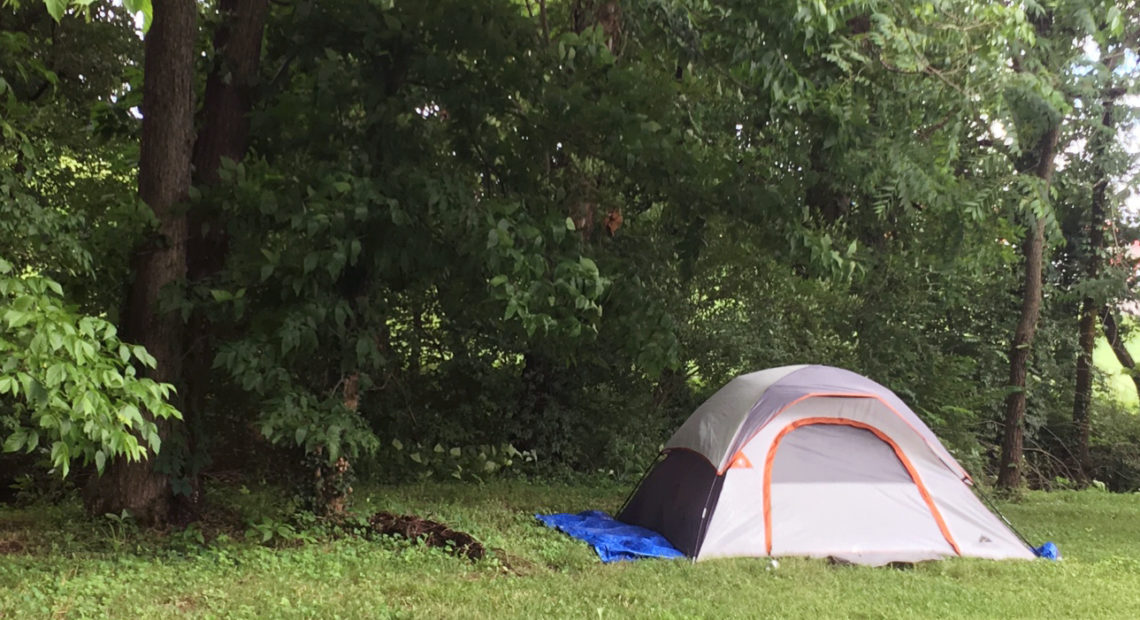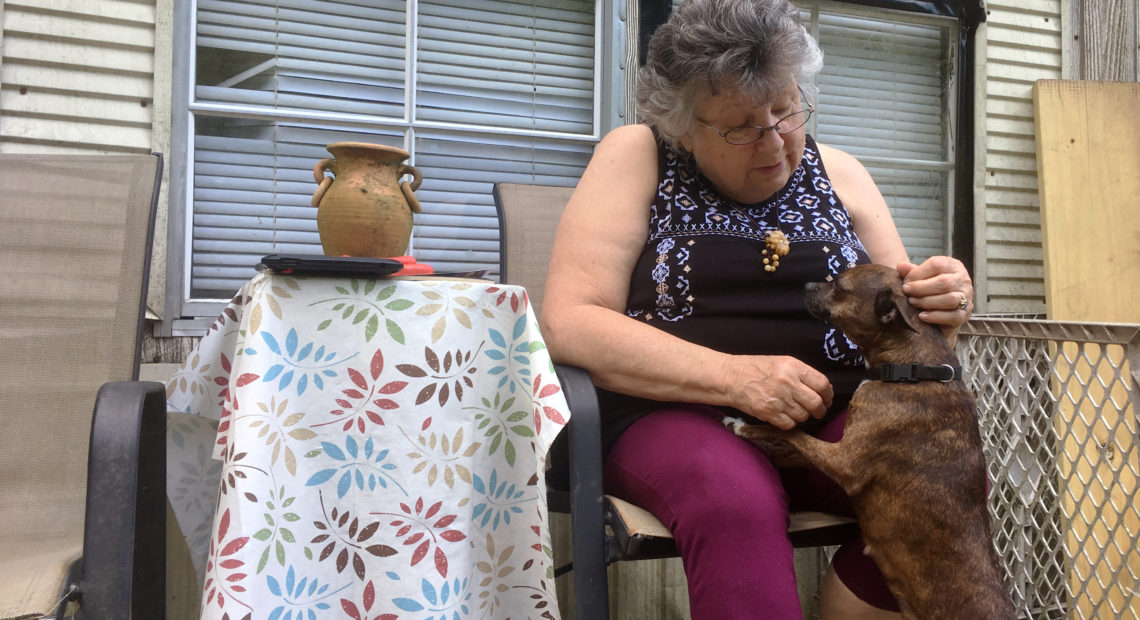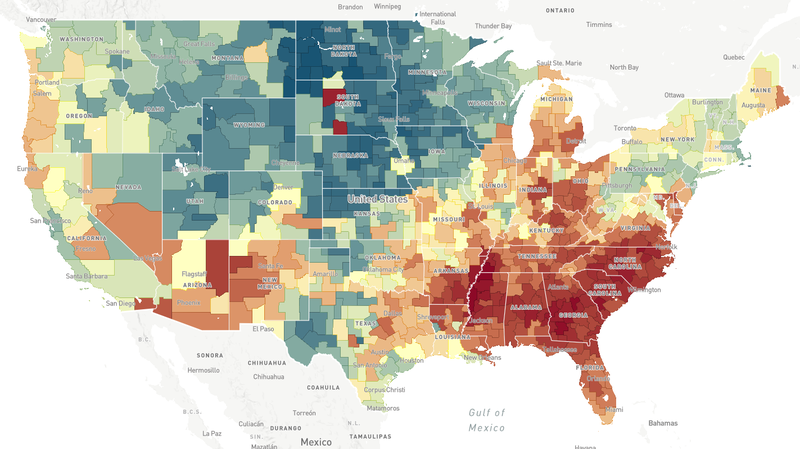Researcher Joey Stanley says the linguistics research push in the last 50 years has mostly been to study urban areas, rather than the language patterns of the countryside. Read More
A hearing has been set for Douglas
Towles of Orofino after the Clearwater County Sheriff’s Office found
several dead cows and almost 100 head of cattle left uncared for on his
property.Read More
On Asian America examines the rise in anti-Asian sentiment and it's history in the Northwest. This episode lookes at historically violent acts against Chinese workers in the rural Northwest from the Hell's Canyon Massacre to mobs pushing out the Chinese in small towns. You'll also hear from those of Asian descent who share their experiences living in rural areas and how Read More
Five counties voted in favor of leaving Oregon in Tuesday elections, the latest push by a coalition that wants a large chunk of Oregon to join Idaho instead. That border shift is not likely to happen anytime soon.Read More
Washington state went all in on expanding public broadband this year. So much so, that the Legislature passed two different bills aimed at extending high-speed internet to people in rural areas.Read More
Pop portrayals of LGBTQ Americans tend to feature urban gay life, from Ru Paul’s “Drag Race” and “Queer Eye” and “Pose." But not all gay people live in cities. Demographers estimate that 15% to 20% of the United States’ total LGBTQ population – between 2.9 million and 3.8 million people – live in rural areas.Read More
In the small town of Oak Creek, Colo., — a three-hour drive from Denver, assuming the roads are clear — Gene Bracegirdle, a firefighter and EMT in training, is getting his first dose of the Moderna COVID-19 vaccine.Read More
In the weeks leading up to the election, residents in five smaller areas around eastern Washington and Oregon spoke about how they were feeling. Now, as people are awaiting results, we checked in with a few.Read More
In total, Anna King saw five sunrises and drove more than 1,000 miles on her way to five towns spanning both sides of the Columbia in eastern Washington and Oregon. She listened hard to the worries and hopes of as many as 100 hundred residents in the region.Read More
Nearly 150 years ago, the McGregor family started ranching and farming on the Palouse region of southeastern Washington and north-central Idaho. The family passed down an appreciation for rural life and a love of small towns.Read More
Across the country as American schools struggle with whether to reopen or stay virtual, many rural districts are worried their students will fall even further behind than their city peers.Read More
The agency serves areas where private carriers won't go. And in those remote communities, which helped elect the president, the Postal Service can be seen as a lifeline as well as a human connection.Read More
For some people, there are advantages to living in an unprotected area. For one, they don’t have to pay taxes into a fire district or timber taxes to the state. Residents in Moses Coulee area of Douglas County want to act as an initial attack team for their small area, helping douse the flames until official fire crews arrive.Read More
Nine rural counties are eligible to apply to the state Secretary of Health this week to move to the next stage in Gov. Jay Inslee's four-phase reopening plan. Lincoln, Ferry, Stevens, Pend Oreille, Columbia and Wahkiakum counties wasted no time and submitted the necessary paperwork and letters of support on Wednesday to advance from Phase 2 to Phase 3.Read More
Given the opportunity to accelerate the restart of shuttered businesses and social activities, six counties in central and eastern Washington wasted no time this week in submitting the necessary paperwork to the state government. Kittitas, Garfield, Columbia, Ferry, Stevens and Pend Oreille County officials hope to hear an answer back from the Washington State Secretary of Read More
At a time when many of us are going online to do everything from work to school to shopping to health care, the COVID-19 crisis is shining a big light on the haves and have-nots when it comes to the Internet. The federal government estimates upwards of a third of all people in rural America have little or no access to the Internet.Read More
The “Greater Idaho Movement” is the latest separatist initiative to have some regions leave Oregon. If successful, the movement would rope in some parts of Northern California as well.Read More
Fewer than a third of the 220 counties deemed by the federal government as vulnerable to similar outbreaks have active syringe exchange programs which can stop the spread of the infection.Read More
The Federal Communications Commission opened a window Monday for federally recognized tribes to apply for licenses that could help establish or expand internet access on their lands. The FCC estimates that about one-third of people living on tribal lands don’t have access to high-speed internet, but others say the figure is twice as high.Read More
Groundwater in southeastern Oregon is drying up. Farming, which uses a lot of that water, could decimate the region unless communities make drastic changes soon.Read More
As expected, the initiative’s passage prompted legal action, led by Seattle-area governments and public transit supporters protesting a projected $4.2 billion cut in revenue for transportation and transit projects over the next six years. But there has been an unexpected addition to that Puget Sound-centric group: the Garfield County Transportation Authority.Read More
Montana recently passed a law that, if it gains federal approval and goes into effect as planned in January, would require many Medicaid recipients to prove they work a set number of hours each month.Read More
There are no agencies assigned to fight fires on certain stretches of Washington rangeland. Ranchers want to form their own firefighting teams – something already happening in Oregon and Idaho.Read More
Criminals convicted of assault, domestic violence and theft have been finding work as police officers in Alaska, according to an investigation by the Anchorage Daily News and ProPublica.Read More
Advances in online tech are revolutionizing health care, with patients now emailing doctors, filling prescriptions or even getting therapy via a video session. But what if you can't afford broadband?Read More
Homelessness is often considered an urban phenomenon. But those who work on homeless issues say rural homelessness is a growing problem, too. That's true across the state and across the country. The Robert Wood Johnson Foundation, NPR, and the Harvard T.H. Chan School of Public Health reported in May that one in three rural Americans say homelessness is a problem in their Read More
Having good access to transportation — or not — has a huge impact on the health of people living in rural parts of the country. Without that transportation — or ready access to other basics like healthy food or good housing — people can get into a vicious cycle. That cycle of poor health and poverty hits people with disabilities particularly hard. Read More
A new poll from NPR, Harvard and the Robert Wood Johnson Foundation gives a glimpse into rural life in America today, finding that many people living in rural communities live on the edge financially.Read More
Does the neighborhood you grow up in determine how far you move up the economic ladder? A new online data tool being made public Monday finds a strong correlation between where people are raised and their chances of achieving the American dream.Read More

